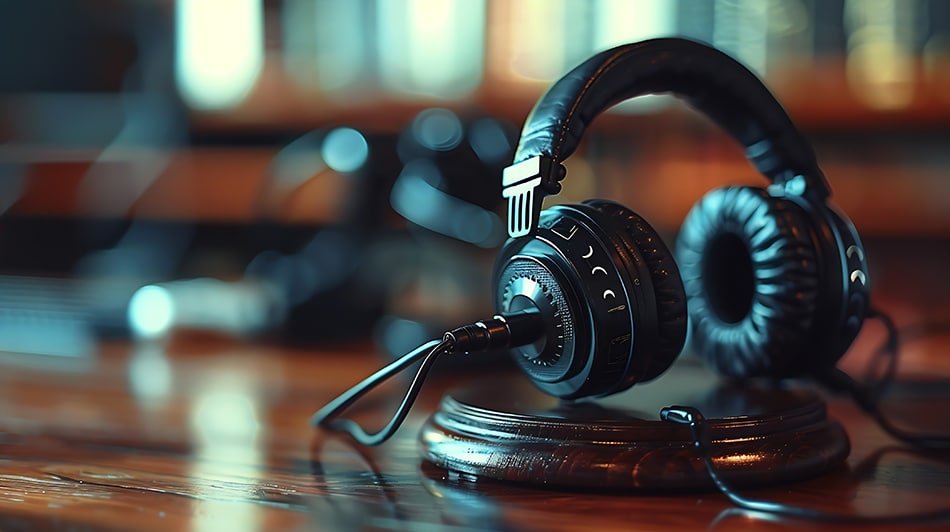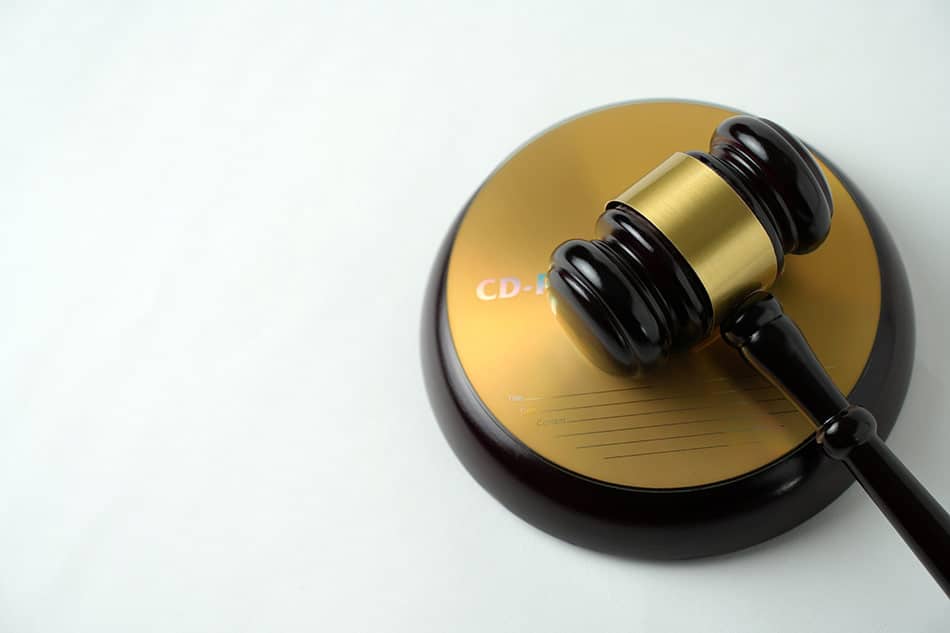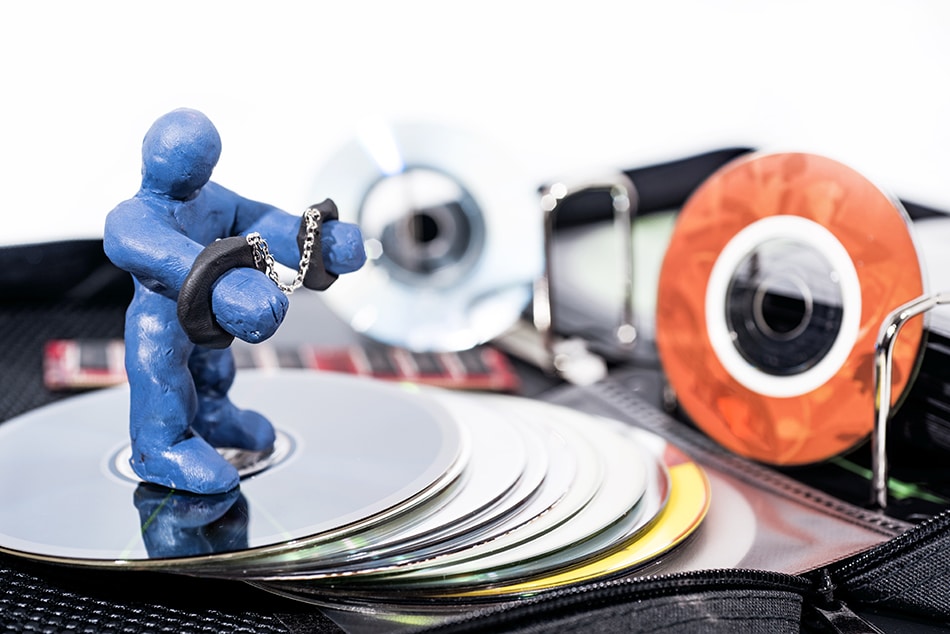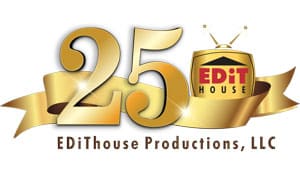Fit Your Vision Perfectly with Our Expertly Curated Licensed Music
Licensed Music: Essential for Your Projects
Licenses are absolutely essential for ensuring that your media projects remain both legally safe and fully professional. By using this music, you gain the legal right to include copyrighted tracks in your project without the risk of copyright infringement, protecting both your work and reputation. A solid understanding of how licensing agreements work is key to avoiding legal complications when using this music.
This knowledge is especially important across different types of media, such as video productions for broadcast commercials, website videos, digital ads, or even documentary films. This music includes tracks for which you have legally obtained permission to use in your project. This can be done by purchasing a license or opting for royalty-free music. Licensed music respects copyright laws, providing you with a secure way to use tracks without facing legal issues.
Licenses are absolutely essential for ensuring that your media projects remain both legally safe and fully professional. By using this music, you gain the legal right to include copyrighted tracks in your project without the risk of copyright infringement, protecting both your work and reputation. A solid understanding of how licensing agreements work is key to avoiding legal complications when using this music.
This knowledge is especially important across different types of media, such as video productions for broadcast commercials, website videos, digital ads, or even documentary films. This music includes tracks for which you have legally obtained permission to use in your project. This can be done by purchasing a license or opting for royalty-free music. Licensed music respects copyright laws, providing you with a secure way to use tracks without facing legal issues.
How to Choose the Right License
Legally Acquiring Music Is Essential

Targeting Customers: Geofencing

What Defines Licensed Music?
The definition is music that you have legally obtained the right to use in your project. This involves entering into licensing agreements, which are contracts that grant you permission to use copyrighted music. Copyrighted music is protected by law, meaning you need permission from the owner before using it in your work. Another option is royalty-free music, which allows you to use the music without paying ongoing fees after purchasing the license. Securing licenses helps you avoid potential legal issues, like copyright infringement, which can lead to fines or even lawsuits.
Benefits of Using Licensed Music
Using licensed music brings both legal and creative benefits. Legally, it protects your project by ensuring compliance with copyright laws, so you don’t have to worry about unexpected issues. Professionally, licensed music often includes high-quality tracks created by skilled artists, adding a polished feel to your work.
Licenses can also be flexible—you can use them in various formats, including broadcast music, podcasts, and YouTube videos, so it’s suitable for both digital and offline media. By choosing licensed music, you can focus on the creative parts of your project without having to worry about legal risks.
Finding Your Pathway
What Defines Licensed Music?
The definition is music that you have legally obtained the right to use in your project. This involves entering into licensing agreements, which are contracts that grant you permission to use copyrighted music. Copyrighted music is protected by law, meaning you need permission from the owner before using it in your work. Another option is royalty-free music, which allows you to use the music without paying ongoing fees after purchasing the license. Securing licenses helps you avoid potential legal issues, like copyright infringement, which can lead to fines or even lawsuits.
Benefits of Using Licensed Music
Using licensed music brings both legal and creative benefits. Legally, it protects your project by ensuring compliance with copyright laws, so you don’t have to worry about unexpected issues. Professionally, licensed music often includes high-quality tracks created by skilled artists, adding a polished feel to your work.
Licenses can also be flexible—you can use them in various formats, including broadcast music, podcasts, and YouTube videos, so it’s suitable for both digital and offline media. By choosing licensed music, you can focus on the creative parts of your project without having to worry about legal risks.
Punitive Damages Occur For Unlicensed Use

Finding Your Pathway
How to Choose the Right Licenses
Get Licensed Music for Your Project, Trust The Professionals
Edit House Productions has access to hundreds of thousands of music tracks that have been cleared through ASCAP. With our decades of experience, you can trust your project is completed on time and on budget. Licensing is essential for protecting your content and enhancing your project. When creating a YouTube video, film, or podcast, securing the right license ensures your work is legally compliant. Contact Edit House Productions today to learn how we can help you incorporate licensed music into your next project. You can use our licensed music as long as you don’t alter the original cut; the music license covers broadcast, online, and offline use.
Types of Music Licenses
Several types of music licenses are available, each tailored to different project needs. Understanding these licenses helps you determine which one best suits your content and ensures you have the necessary rights.
A sync license allows you to use music in sync with visual content, such as in commercials, films, or YouTube videos, making it essential for pairing music with video to enhance storytelling.
The mechanical license is required if you plan to reproduce a song’s music and lyrics on physical or digital formats, like CDs, vinyl records, or streaming services, and grants the right to distribute copies of the recorded music.
For playing music in public spaces, such as concerts, retail stores, or on the radio, a public performance license is necessary. This license provides permission to perform the music publicly and ensures that the rights holders are compensated.
A master use license provides permission to use a specific pre-recorded version of a song, which is essential for media like films or commercials, allowing you to use the original recording created by the artist rather than a cover or re-recorded version.
Each type of license comes with its own specific rights, terms, and associated fees, so it’s crucial to carefully choose the right one based on your project’s unique goals and requirements.
Frequently Asked Questions About Licensed Music

Shape Your Brand Audience With Targeted Ads
Red, Green, Or Christmas? Get Smothered with Success
Shape Your Brand Audience With Targeted Ads

